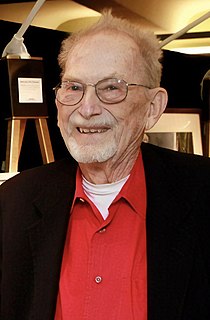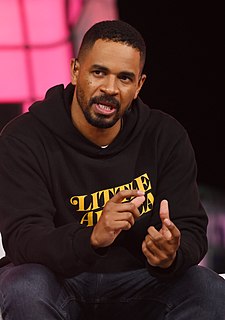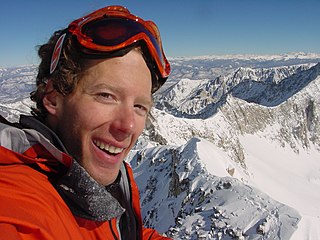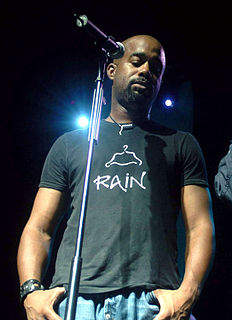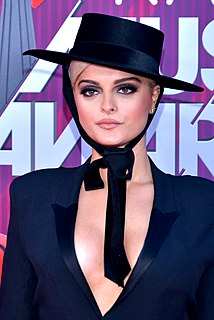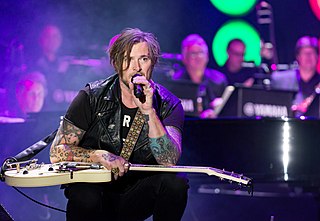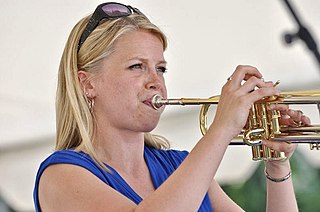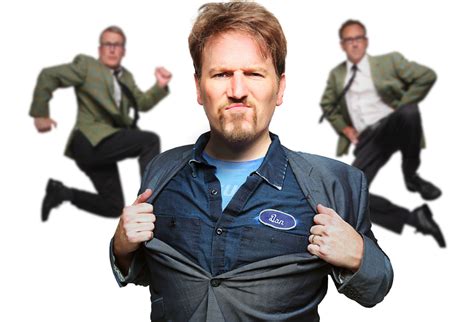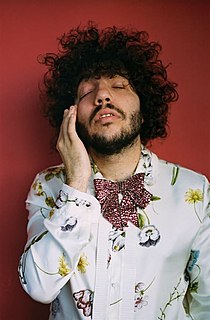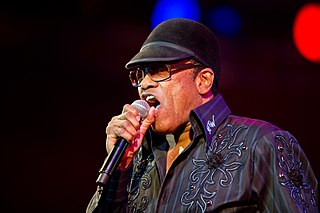A Quote by Wynton Marsalis
I sounded like myself. People be saying I sound like Miles or Clifford Brown.
Related Quotes
We had Bob's [Gordon] records, and he's on Clifford Brown's first record as a leader. I believe it was Clifford Brown's first record as a leader and had the original versions of Daahoud and Joy Spring that were arranged by Bob's best friend, the West Coast tenor player named Jack Montrose, who I later met.
I think the people who are sitting in their living room doing those, 'Let's take country music back' blogs and all that stuff, that's crazy to me. No one's saying that about rock & roll, and no one sounded like the Beatles since 1960. No one says that about R&B, and no one sounded like the Commodores since 1970.
When your 18th, 19, 20 years old like we were at that time, its just like anyone else, you look at like Silverchair and bands like that that are super young and sound extremely derivative of bands that were out at that current moment. As they sounded like 'Nirvana in pajamas' as we called them, we sounded like Bon Jovi and Skid Row and Motley Crue, because we were only influenced by what was out at the time because we were so young

